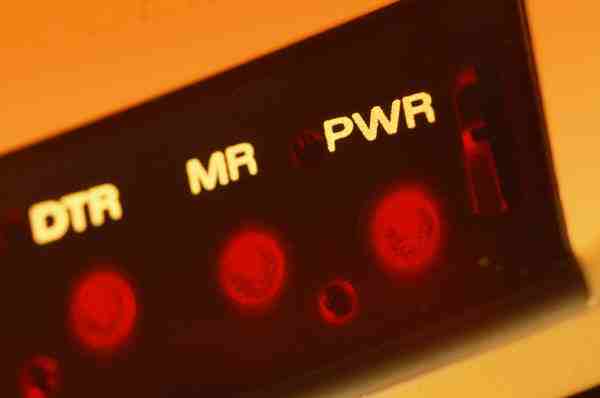Many consumers are completely sold on the idea of accessing the Internet via a cable broadband connection. In fact, cable broadband is often considered superior to DSL and, hence, as somewhat of a status symbol among Internet aficionados. Judging from its higher posted connection speeds, it would indeed appear to be the better choice for many and perhaps even the sign of a savvy Internet user. However, on closer inspection, one finds that there are really no hard and fast rules when it comes to Internet delivery modes. Each individual must decide for him/herself which method will work best – a decision that will be based on numerous factors unique to the individual’s needs and situation.

Determining Whether Cable Is Right for Your Needs
The following is a breakdown of the major factors that will affect your decision:
Cost of Service
Cable Internet service can sometimes cost more than DSL, though many consider it well worth the added cost. Your own personal budget will certainly factor into your decision, along with your monetary priorities regarding whether this choice would be the best use of your money or whether the difference might not be better spent elsewhere. If you have the discretionary income to spend here and/or find any of the advantages of cable Internet to be indispensable to your needs, you may consider the added cost a non-issue. In some instances, cable can actually cost less than DSL – particularly when purchased as part of a cable TV package.
Data Transfer Speed
While cable Internet providers typically claim data transmission speeds that are much higher than DSL, practically speaking, upload speeds generally turn out to be about the same for both, while download speeds can be maybe .5-1.5 Mbps faster with cable. This potential for faster downloads may be much more significant if you will be downloading large amounts of data.
Reliability of Connection
Many appreciate the fact that with a cable modem your Internet connection is always on, meaning you’ll never need to log on or off the Internet but will always have ready access whenever you need it. Some, however, consider the always-on aspect of cable service to present serious potential security issues. This is one instance where you will need to weigh the relative importance of having the convenience of a readily available connection against the very real possibility of a security breach. Since everyone’s risk-tolerance level is different, only you can make this determination. If you have good Internet and computer security in place – including a high-quality firewall, anti-virus, and anti-spyware program – this may be less of a problem. (If you currently use free security programs, you may want to consider upgrading to the more powerful paid versions if you opt for a cable connection.)
Service Availability
The types of Internet service available in your area will also play a role in your decision. Both cable and DSL are typically available in most metropolitan areas. For those who live elsewhere, availability may vary, and the choice may be made for you. If you live in an area where neither is available, you may want to look into satellite Internet service, which is vastly superior to dial-up.
As you can see, the choice between cable and DSL is a highly personal one that’s based on preference, budget, technological requirements, and service availability.
Featured images:
- License: Creative Commons image source
Laura opted for cable broadband due to the amount of data she downloads. It all depends on personal preference as to whether it will be a good idea for you.










Comments